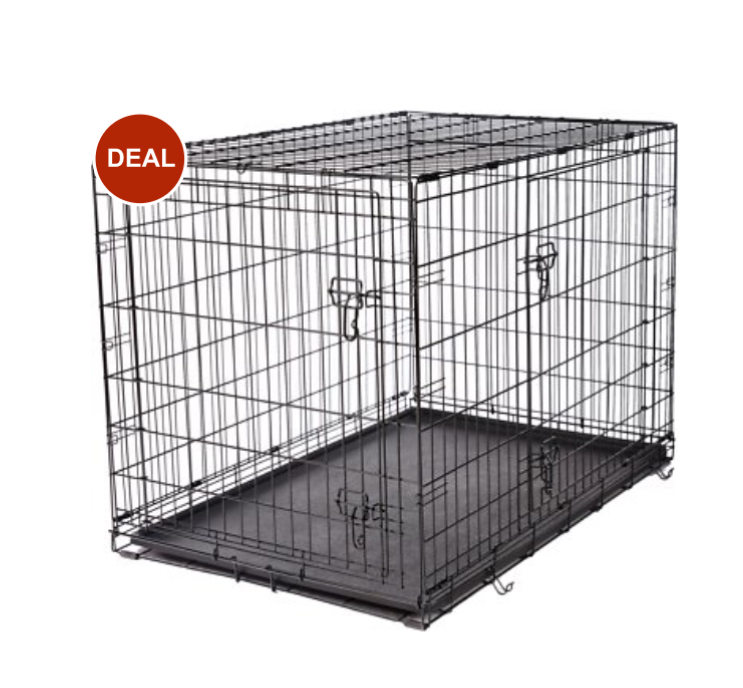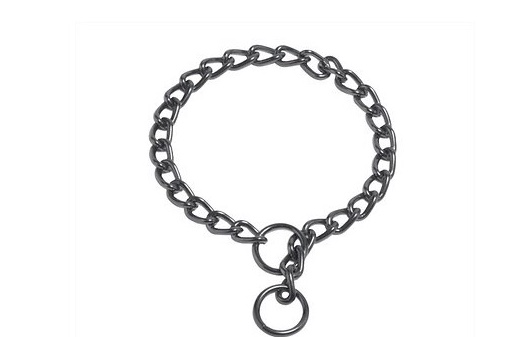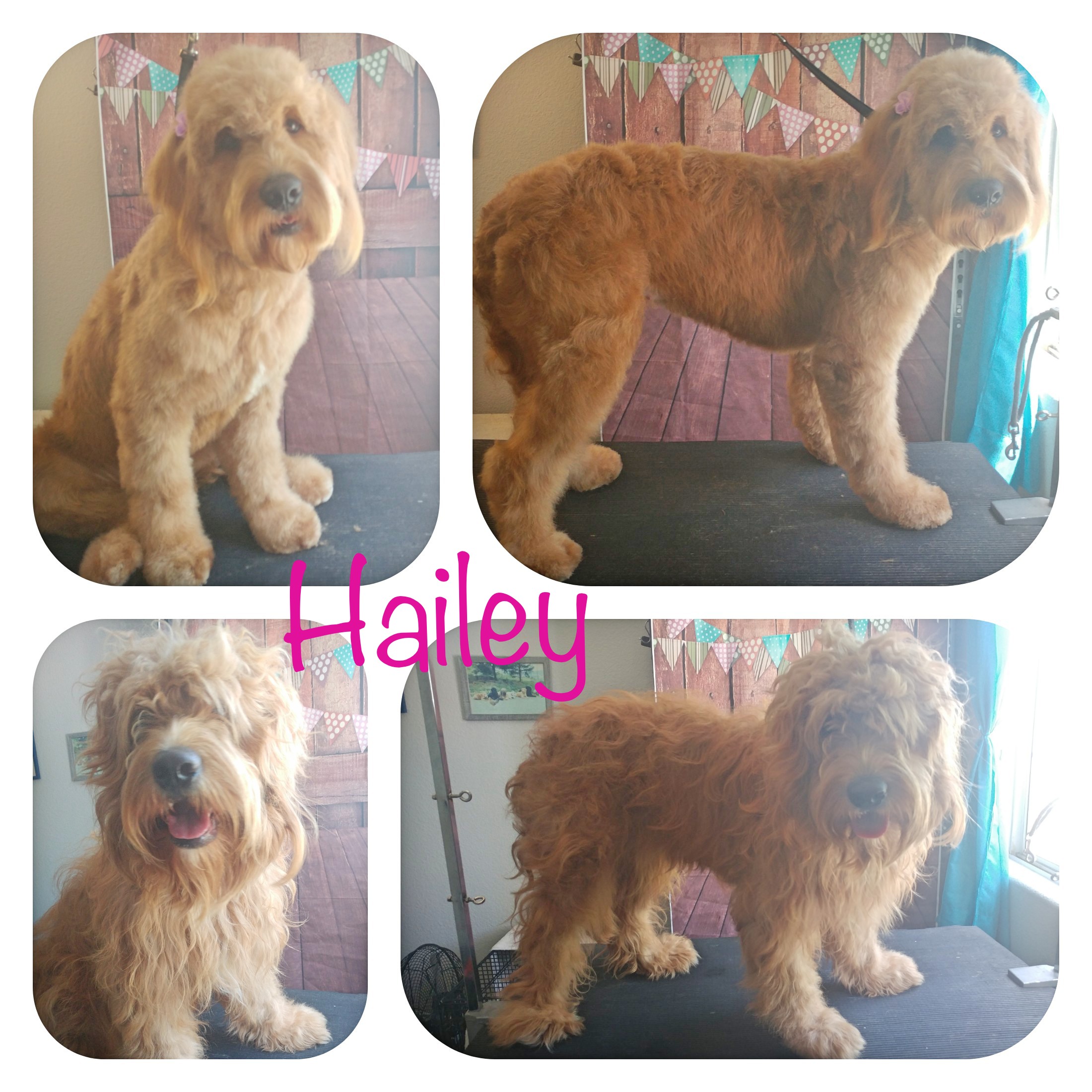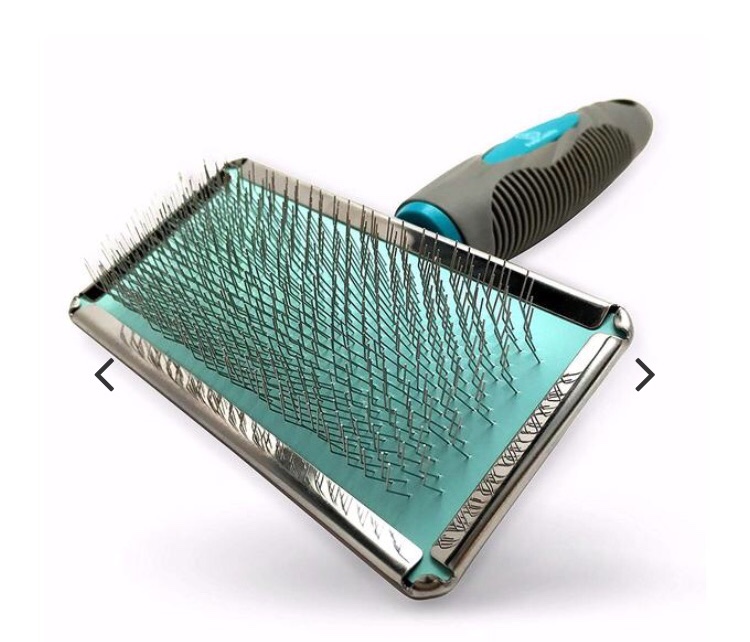What will I Need for My New Puppy
– What will I need for my new puppy? There are so many puppy products available these days, it is easy to get lost and overwhelmed with find what you will need for your new puppy. I have made an essentials list for basic and necessary items you will need for your new puppy.
An adjustable size dog crate-
I very much encourage my families to crate train their puppies. However, you must understand this is not caging your puppy. Crate training allows your puppy to have his/her safe place and bed area, while teaching them to hold their bowels while you are out of the house, and during nights. This link breaks this information down very well
https://www.akc.org/expert-advice/training/how-to-crate-train-a-puppy/

Leash
I’d start with a standard 5-6’ leash while the pup learns the process of staying near you while walking, without pulling, etc. then once that stage has been mastered you can transition to a longer leash if you’d like.
-
Collar-
I suggest to have a collar the pup wears all the time, with name tag etc. and a second training collar to use when walking or teaching to walk with leash. Those will be the most effective for teaching them to not pull, and to walk calmly with you
https://www.akc.org/expert-advice/training/teach-puppy-walk-leash/

-
Water and food bowls-
There are indoor water dispensers that you’ll only need to fill up 1/week or even outdoor bowls that auto fill from a hose. Just be cautious of the outdoor auto-fill water bowls- they can grow algae, collect mud and dust, and become unsafe water for your puppy/dog to drink.
-
Dogie door–
or bell on the door so they learn to ring it when needing to go outside
-
Dog brush–
You will need to brush your puppy from the time you take them home. Even at a young age, their coats may not get matted or tangled. However, starting when they are young will help them be more comfortable with the brushing when they are older with thicker, longer coats that will need more attention. A small bristles brush will be your best detangling accessory. There are also spray on detangling conditioners that will help as well.


-
Shampoos or Soaps–
Baby shampoo will be your best option for shampooing your puppy and adult dog. It’s easy on their skin and won’t dry it out (preventing dander). I personally, also use a medium quality women’s conditioner on my dogs when I bath them. I think it makes the coat feel the softest, and make it easier untangling anything that needs to be worked out. The key to proper bathing your puppy and adult dog is ensure their coat is completed rinsed of all products. If there is product left in their hair, this could lead to dander and dry skin or even irritated spots.
-
Dog nail clippers
a great option to have around. Even if you are planning to professionally groom your pup and adult dog, it’s still a good idea to get your puppy used to you clipping their nails from a young age, just in case you’ll need to do any maintenance in between grooming.
How do I house break my puppy?
First of all, realize that a puppy’s body is not mature enough for muscle control of its bladder until it is 3 1/2 to 4 months of age. Bowel control is usually faster. Tips and tricks: PATIENCE, CONSISTENCY, AND ROUTINE! All puppies need their own secure sleeping area. (Crate) A puppy usually will not void or defecate in their sleeping area. Do not give a puppy food or water past 7 p.m. No food after 6 p.m. Obviously, this time can be adjusted if it is very hot or the puppy has had a big play time. This gives the puppy plenty of opportunity to be able to go to bed with an empty bladder. Keep the puppy in site at all times! After 20 minutes let the puppy outside and give the command, for example “go potty.” Take puppy outside: • As soon as a puppy wakes up. • Right after a puppy eats or drinks. • After 20 minutes of playtime. It doesn’t take long for a puppy to learn. Make a schedule for “potty time,” playtime, eating, etc. When you take the puppy outside always tell him “Outside.” He then learns the command. If you catch a puppy in the act of having an accident in the house, pick him up mid-stream and say “no” in with a firm tone. NEVER hit a puppy or rub a puppies nose in his own mess. This does not teach the puppy anything good or positive. You can show the puppy the pee smelling cloth (after you clean it up) and say “No Potty in House.” Then lovingly, but firmly take the puppy and the cloth outside. Put the cloth on the ground and say “Go Potty Outside.” Let the puppy smell the cloth. Remember to watch your puppy closely and recognize the “need” for him to go outside.
Taking Home A New Puppy
- Food— they eat 3-4 times per day, as much as they want. They can easily adjust to your schedule as to when. They will poop when they eat. So at least until they are house trained, their feeding should remain on a schedule. So their pooping will be predictable
- You can sprinkle water onto their dry food which will help soften the pellets as they eat. Probably only needed for the first week or so.
- If you are transitioning your puppy to a new food. Start that transition after day 1 of being in your home. That transition will need to be gradual over a 3-7 day period. Immediate or a lot of exposure to a new food can lead to diarrhea and upset their tummies.
- Puppies will eat sticks, rocks, toys, and any random items on the ground or in their area. All pay attention to what they are chewing on. Small items can get stuck in their throats.
- Water— will need to always have access to water. Puppies drink a lot of water, and will in turn pee frequently. But do not restrict water in order to stop them from peeing.
- Pooping– they will poop when they eat. puppy poop is like baby poop- it can be any texture from pudding soft all the way to solid turds. That is normal. The only time to worry is if their poop every becomes watery- squirts. They will get nervous/excited going to their new homes. This can upset their tummies, leading to softer poops. That is very normal.
- Deworming/Fecals– all puppies have been tested for worms and parasites. If their test results come back positive they will receive 1 round of treatment prior to them going to their new homes. No treatment is given to puppies when their results come back negative. It is possible, but very unlikely, that a puppy could test positive for a worm or parasite at a later date once transitioned to their new family. At that time, your personal vet will provide the proper treatment. We can only guarantee a puppy is treated or results show negative during the time we are caring for the puppy.
- Peeing– he will pee very frequently. Basically every time he start sniffing around means he needs to go out to go pee. The more attentive and consistent you are, the faster he will learn where it is acceptable to go potty.
- discipline– it is possible to over correct a puppy. You can hurt their feelings. Often a firm “NO!” Or a small tap on the nose or butt will be more than enough correction to teach them. You do not heed to hit or rub their faces in their mess. If you hurt their feelings, then they will learn to cower from you and you may lose their trust. please DO NOT HIT them! Verbal affirmation, petting and praise is the best form of reward! They are very eager to please and want to make you happy. The more you praise them for peeing in the right spot, or coming when you call, etc, the more they will want to do what you ask.
- Dog treats— do not give the puppy treats for the first week until they transition completely to their new homes. Once you start giving them treats, keep the treats smaller size than a penny, and only a very small amount per day (3-5 treats). If they are given several treats, that can lead to diarrhea and upset tummies.
- No table food, no human food- both will upset tummy and lead to diarrhea.
- Baths– I suggest no more than 1x/week. Lots of baths can dry out their skin and lead to itchy spots, and dander. Use baby shampoo- gentle on their skin and good for their coats. Make sure to rinse thoroughly. Any extra product left on their coat will lead to dander and possibly irritate their skin.
- Brushing– get him used to being brushed as a puppy. The more familiar he is with the process when young, the easier it will be when he is an adult. Same goes for timing his toe nails, and touching his feet and ears. And even touch around his eyes. He will eventual need trimming at least around his eyes, so the more familiar he is with being touched and brushed around the eyes, the easier that will be.
- KENNEL COUGH AND PARVO– both contagious illnesses they can get from being around sick dogs, other dogs poops and pees. Both can lead to long hospitalizations and death!! DO NOT take your puppy to public areas, dog parks, pet stores, or public walking areas until final set of shots! It is not worth the risk! If you have a friend/family that has a pet that you know is up to date on shots and healthy, then yes, you can take your puppy to visit them.
- Dog flu shots— some vets are starting to recommend the flu shots for your dog. Speak with your vet to see what he/she recommends.
- Vet records– I will have a copy of his vet exam and shot records for you to take to your vet.
- Car sick– it is very common for puppies to get car sick. This will lead to extra saliva, wetness coming out of their mouth, and even vomiting. They will grow out of this as they mature and the more they are used to being in a car.
- Crate training at night– the puppy is not used to sleeping by itself. He will cry or whine for the first 1-4 nights. whatever you are willing to make the routine start from day one. If, once it is bedtime, it is supposed to be quiet time- then no matter how much he cry of whines, you’ll need to just ignore it. If you go to him the first time he cries, that is only teaching him the more he cries the more he will get attention from you. Very much like a baby.
